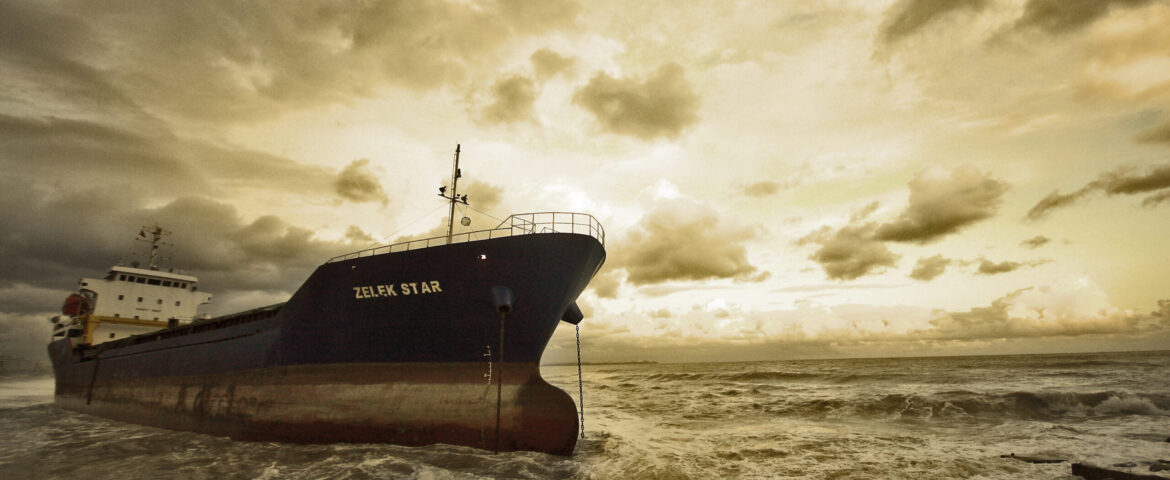In an increasingly uncertain world, seaports are no longer just logistical hubs facilitating global trade—they are becoming geopolitical focal points, caught between strategic interests, economic dependencies, and global power struggles.
The geo-economic and geopolitical landscape has a major impact on seaports, which have limited control over these external factors. Geopolitical objectives and policies also have a significant impact on the strategies and operational decisions of port users. Meanwhile, the developments over the past few years have demonstrated that we live in a very dynamic geopolitical environment. Seaports are important focal points in geopolitical considerations, allowing them to act as geopolitical agents that can influence and shape geopolitical debates and actions.
In the latest editorial published in Maritime Economics & Logistics, PortEconomics member Theo Notteboom along with Hercules Haralambides provide insights on ports amidst a changing global geopolitical scene. We focus on how and to what extent growing geopolitical tensions impact seaports.
A distinction is made between four geopolitical themes directly or indirectly affecting ports: Geopolitics and Trade; Geopolitical aspects linked to investment and ownership in ports; Ports as nodes in geopolitically vulnerable corridors and networks; and Ports as potential geopolitical and military targets.
The editorial concludes with thoughts on ports’ future role in the current geopolitical scene. Can ports assume a (pro)active role as key geopolitical agents, or are they condemned to be ‘sitting ducks’, passively enduring the consequences of geopolitical change?
The editorial “Seaports in a tense geopolitical environment: key agents or sitting ducks?”, discusses themes such as:
- The impact of trade realignment and decoupling: how geopolitical conflicts like the Russia-Ukraine war and U.S.-China trade tensions are reshaping global shipping routes and supply chains.
- Foreign investment and port ownership concerns: growing scrutiny over Chinese port acquisitions, national security implications, and FDI screening mechanisms in ports.
- Seaports as military and strategic assets: how ports are increasingly integrated into defense logistics, naval operations, and global power projection.
- Cybersecurity and digital vulnerabilities: rising risks from cyberattacks on automated port infrastructure and data-driven logistics networks.
- Maritime chokepoints and shadow fleets: the geopolitical risks posed by Suez Canal disruptions, Red Sea attacks, and the emergence of sanction-evading fleets.
🔗 Read the full editoral (open access) here:
Seaports in a tense geopolitical environment: key agents or sitting ducks?












